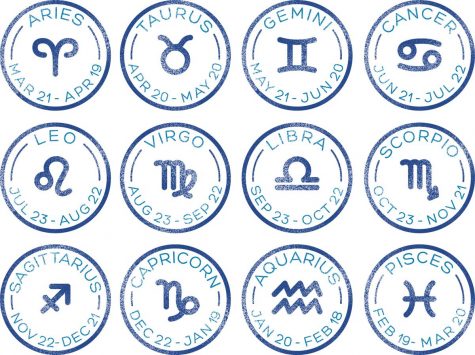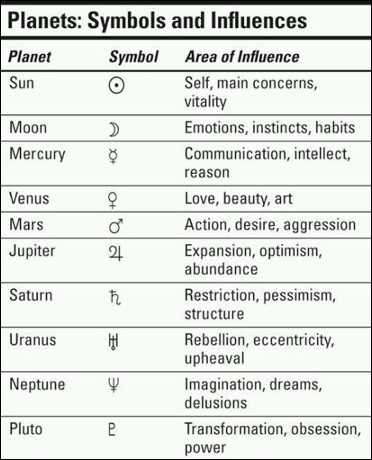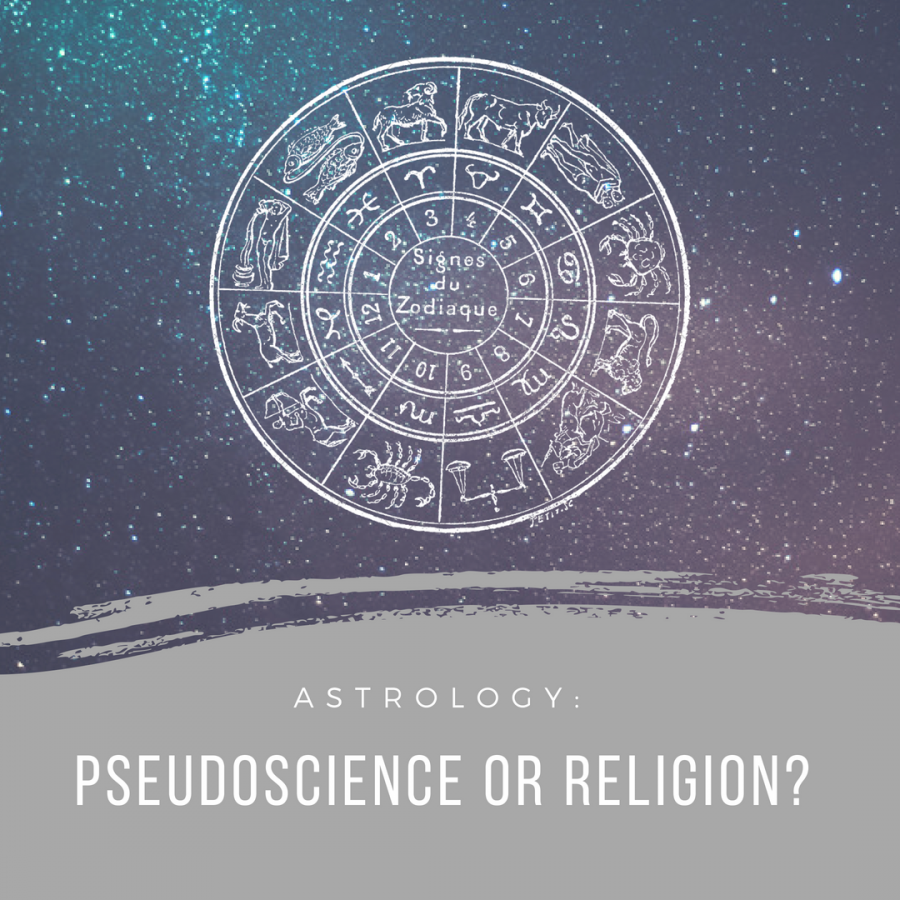Understanding astrology: from pseudoscience to modern day religion
Even if you don’t know your zodiac sign (or don’t care) you’ve probably seen daily horoscopes plastered on the last few pages of every teen magazine and even local newspapers. However, if you ask anyone that isn’t a hipster millennial or a palm reader, they’ll probably tell you that astrology is a pseudoscience, a belief that is thought to be based on scientific evidence, but in reality is not. So, where did the belief in astrology come from, what does any of it actually mean and why do so many people treat it as gospel?
What is astrology?
People who believe in astrology basically believe that the positions of the stars and planets in our solar system affect the lives of humans on earth. According to John Ankerberg, a Doctor of Divinity and author of The Facts on Astrology, there are many types of astrology with corresponding beliefs, but it all boils down to a core of three different categories.
“The planets are either 1) gods, 2) impersonal heavenly objects, or 3) just symbols. Yet all three claim they are responsible for producing the same conclusion: Whatever the planets are, they influence life on earth,” Ankerberg said.
The basic premise of finding out how the stars and planets influence your life is looking at your birth chart. Depending on the month and day you were born, you have a certain and principal star sign, or what most people are talking about when they tell you about their zodiac sign. There are 12 star signs, and each one has a generic overview of what people born into that particular time of the year tend to share in terms of personality traits.

However, for more individualized results, the chart requires you to use the exact moment and location you were born to calculate the position of the objects in the sky when you took your first breath. Astrologers say that this element is crucial to your chart and determines not only your personality and attitude towards things such as love and work, but also how each day of your life will be affected by the position of the stars and planets.
What does it mean?
The sun, the moon and each of the planets were in precise and unique locations at the moment and place an individual is born. All of these celestial bodies can be described as being “in” a particular sign at any given time because of how they line up with the various zodiac constellations. Therefore, if a person knows the exact time and location they were born, an astrologer can use data to determine where the sun, the moon and all the planets were at that point in relation to the zodiac constellations.
The astrological belief comes when people claim that information influences themselves and their daily lives. According to astrologists, each celestial body represents a different area of a person’s life. The sun is the self, the moon is your emotions and so on for all the planets in our solar system, including Pluto.

What about religion?
Millennials are becoming less and less affiliated with traditional spirituality, as a poll on American values by the Pew Research Center suggests. The group found that in 1990, 86% of people ages 18 to 29 said they never doubted the existence of God. In 2012, that percentage had decreased to only 67%.
As more young people are leaving the traditional roles of spirituality behind, such as the church and organized religion, they are in turn connecting with astrology at an increasing rate. However, it’s not only millennials that are leaving conventional religion behind. Robert Wuthnow, author of a journal article titled Astrology and Marginality, hypothesizes that the people who are turning to astrology are doing so because they feel outcast by the traditional options for spirituality available to them.
“…whether young or old, it was the more poorly educated, the unemployed, non-whites, females, the unmarried, the overweight, the ill, and the lonely, who were most taken with astrology. We have been unable to fully examine what precisely the functions of astrology are for the socially marginal, but what data we have suggest it may function in ways similar to, and indeed as a substitute for, more conventional religious commitments,” Wuthnow said.
Is there any truth to astrology?
The answer to this question might depend on who you ask. However, there are no significant studies prominent in the scientific field that definitively prove there is any truth to astrology. Ankerberg writes in another chapter of his book his conclusions on finding scientific evidence that proves any truth to astrology.
“In conclusion, the scientific evidence cited in favor of astrology turns out to be no evidence at all. Just the opposite is true – in fact, science disproves astrology…today millions believe the stars influence their character and destiny. Yet to date, dozens of tests have failed to prove astrology,” Ankerberg said.
Despite the inconclusive evidence, the number of people who believe in astrology continues to increase. And, the reasoning may be more orthodox than people think. People don’t want their spirituality to be all about facts and figures. They just want to resonate with something, feel connected and accepted and then let faith do the rest of the work. These underlying features of astrology make the practices no different than praying to God or reading the Bible.
How can I see if astrology is for me?
If you want to get your own birth chart and see for yourself if astrology is pseudoscience or a religious revolution, Co-Star is a great place to start. This is a free app that allows users to input their name, time of birth and place of birth and gives a detailed chart of the sun, moon and each planetary sign, individualized for each user. You can even encourage your friends to download it, add them on the app and compare your compatibility based on each of your birth charts.
Despite the facts and figures and data and naysayers and traditional religious beliefs, one thing is clear: No matter what you believe, astrology isn’t going anywhere.











